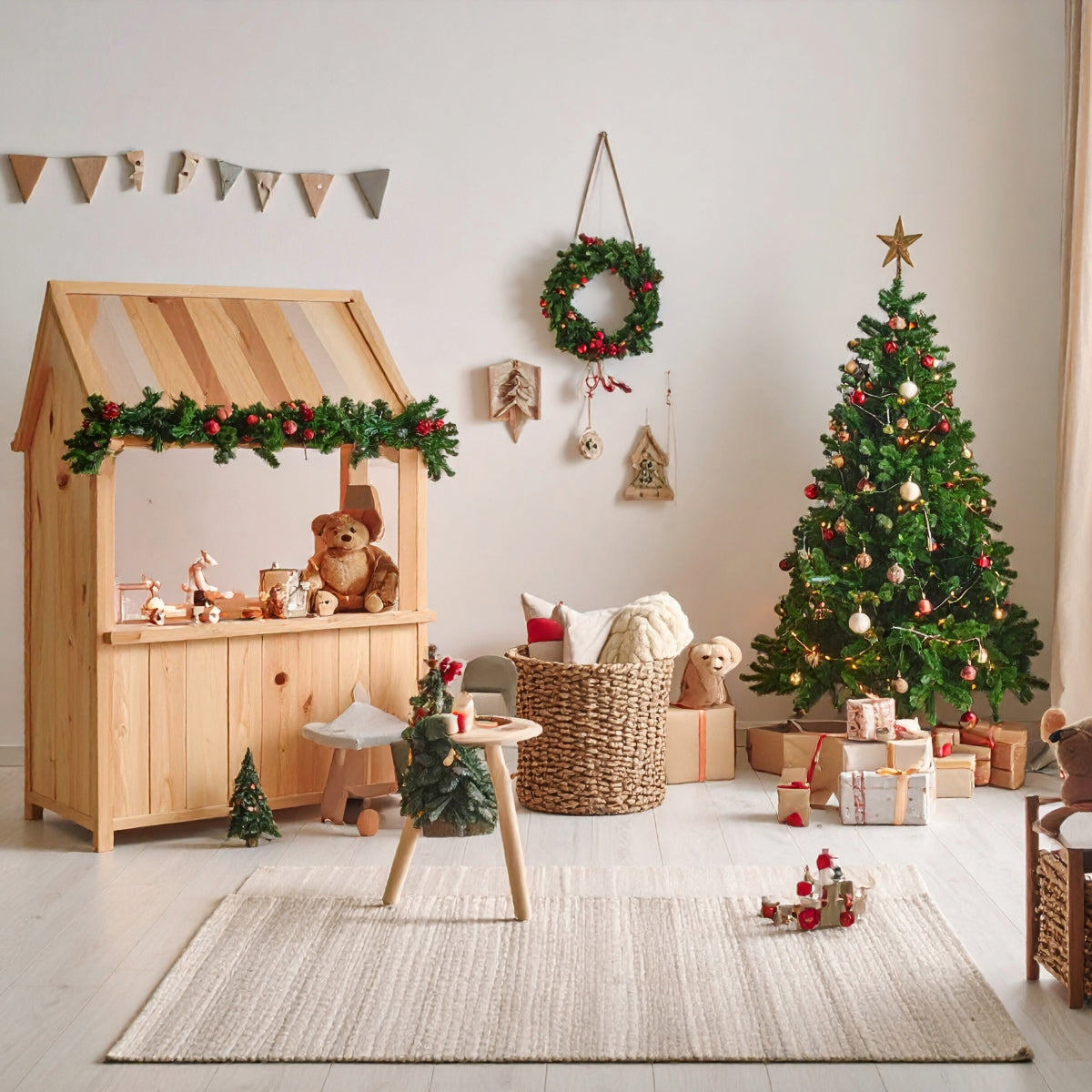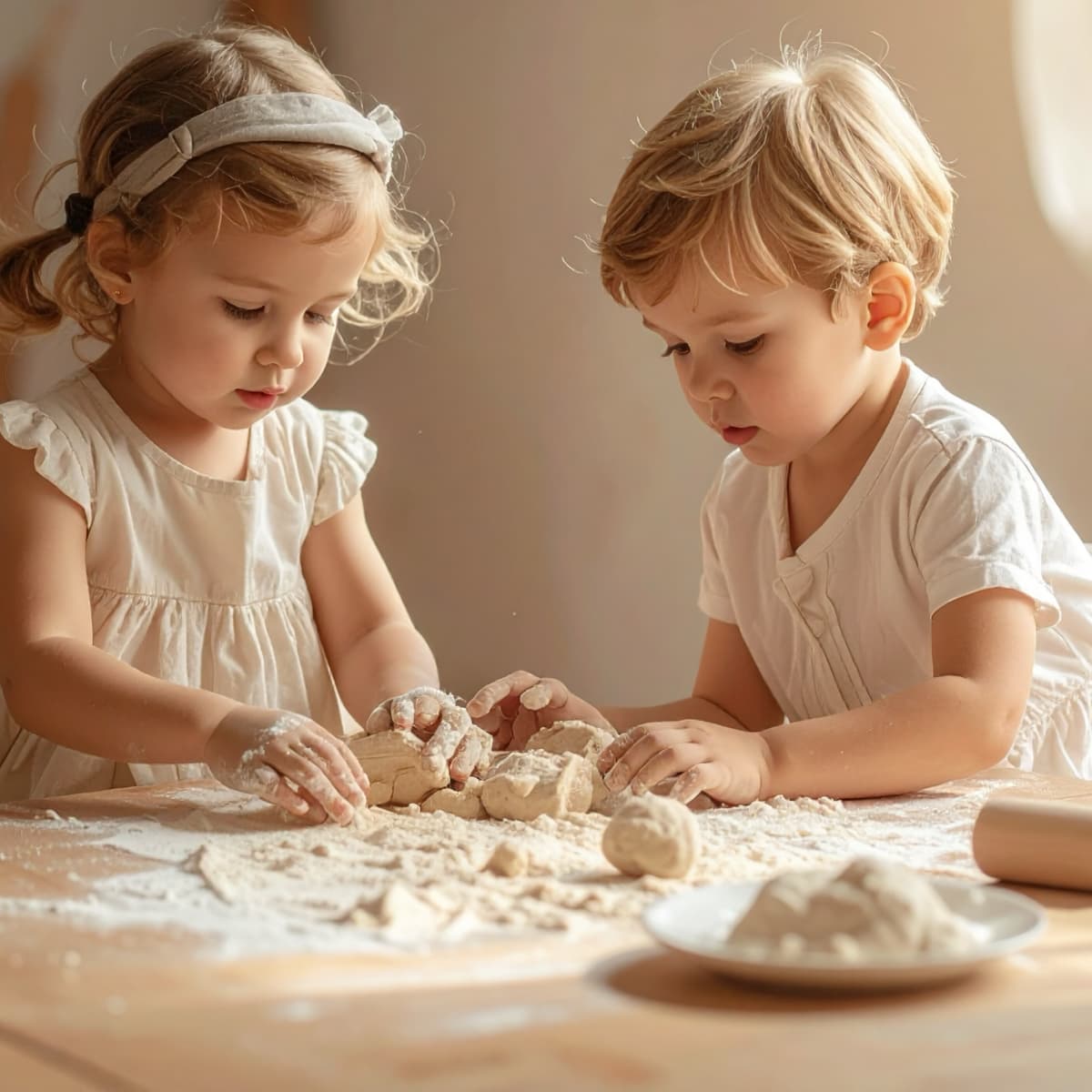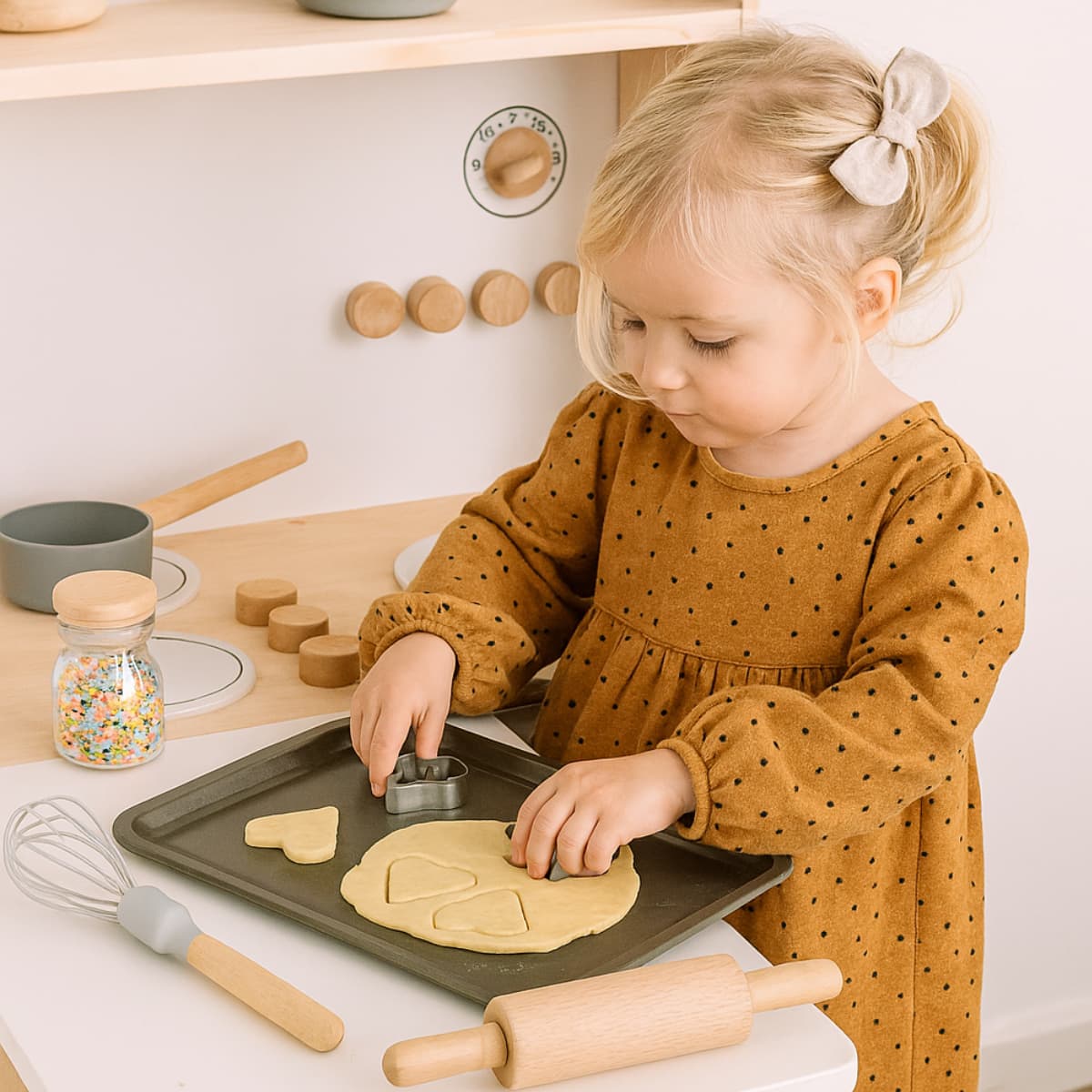
Birch
Birch Wood – Properties, Uses & Special Features
Birch wood comes from various species of the Betula genus and is widespread across Europe, Northern Asia, and North America. It is considered a native hardwood and is valued for its light color, elasticity, and versatile applications.
Origin & Species
-
Genus: Betula
-
Main species: Silver birch, Downy birch, White birch, Yellow birch
-
Distribution: Northern Hemisphere, especially Scandinavia and Russia
-
Sustainability: Fast-growing, good environmental balance
Appearance & Structure
-
Color: Yellowish-white to reddish-white, sometimes light brown
-
Grain: Fine, even, sometimes flame-like (flame birch)
-
Surface: Silky sheen, smooth
-
Special features: Reddish-brown pith flecks, decorative grain
Technical Properties
| Feature | Description |
|---|---|
| Hardness | Medium-hard (Brinell hardness approx. 27 N/mm²) |
| Density | Approx. 610–650 kg/m³ – medium weight |
| Workability | Excellent for planing, carving, turning |
| Elasticity | High – ideal for curved shapes |
| Durability | Low – not suitable for outdoor use |
| Drying | Slow and careful, otherwise risk of cracking |
Applications
-
Furniture: Chairs, small furniture, veneers
-
Toys: Building blocks, plug-in games, turned parts
-
Interior: Parquet flooring, wall paneling
-
Musical instruments: Piano parts, guitar sides
-
Kitchenware: Spoons, cutting boards, spools
-
Paper production: Pulp for cardboard and paper
-
Firewood: High calorific value, pleasant aroma
Advantages
-
Light, friendly appearance
-
Elastic and easy to shape
-
Locally sourced & sustainably available
-
Odorless – ideal for food packaging
Disadvantages
-
Not weather-resistant
-
Prone to cracking if dried improperly
-
Difficult to glue at high density
Conclusion
Birch wood is a versatile, easy-to-work material with natural elegance. Especially in the field of educational toys and creative furniture, it stands out for its appearance, elasticity, and sustainability.





